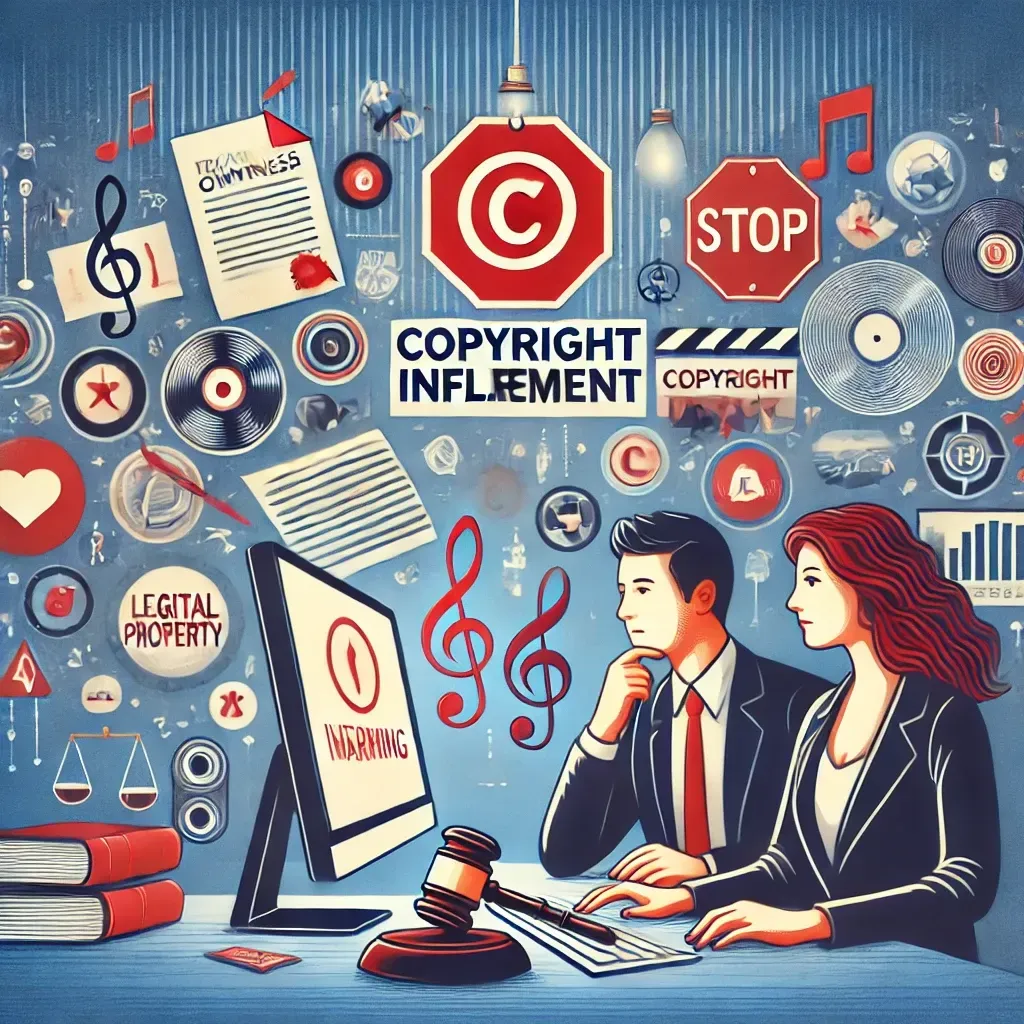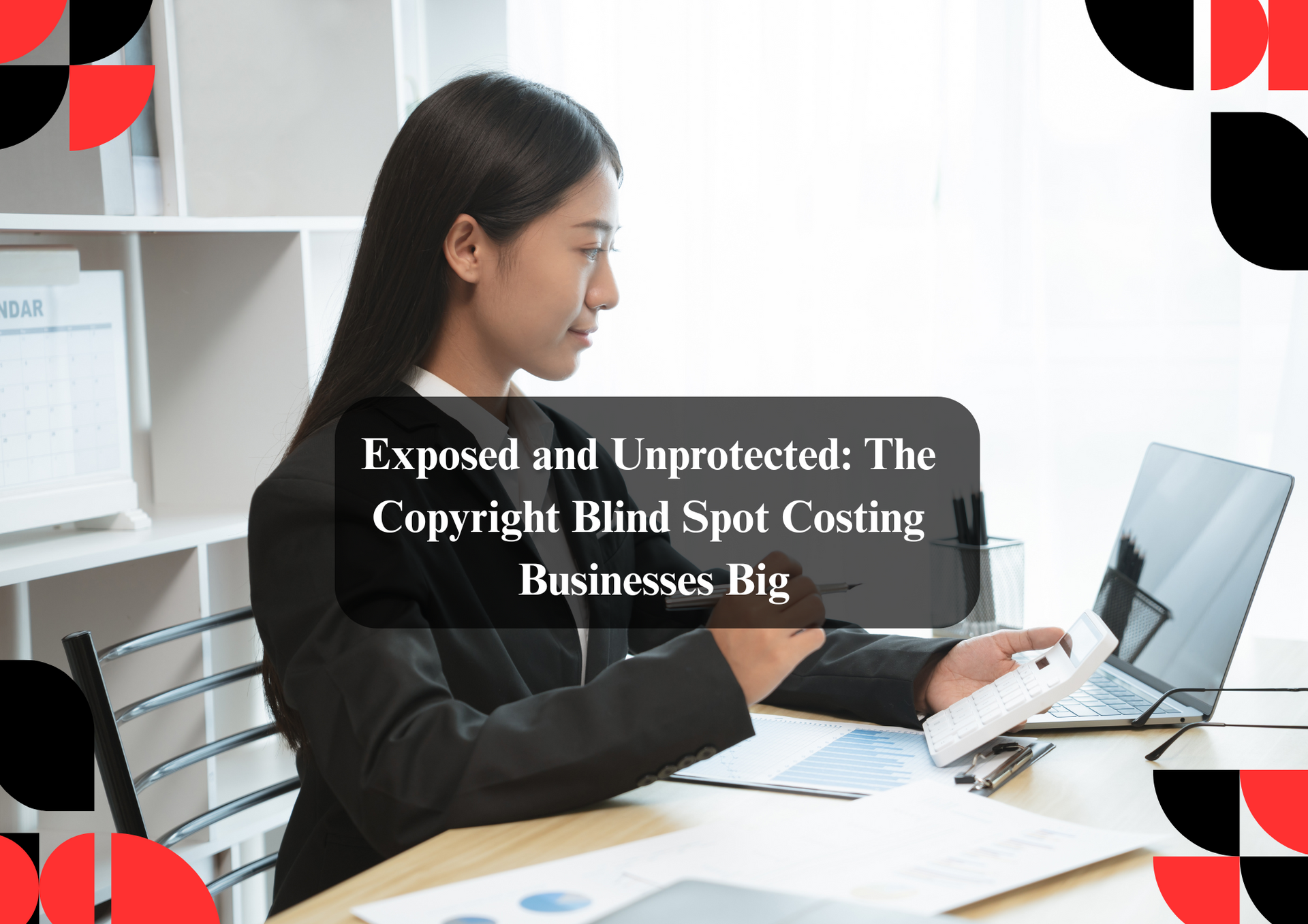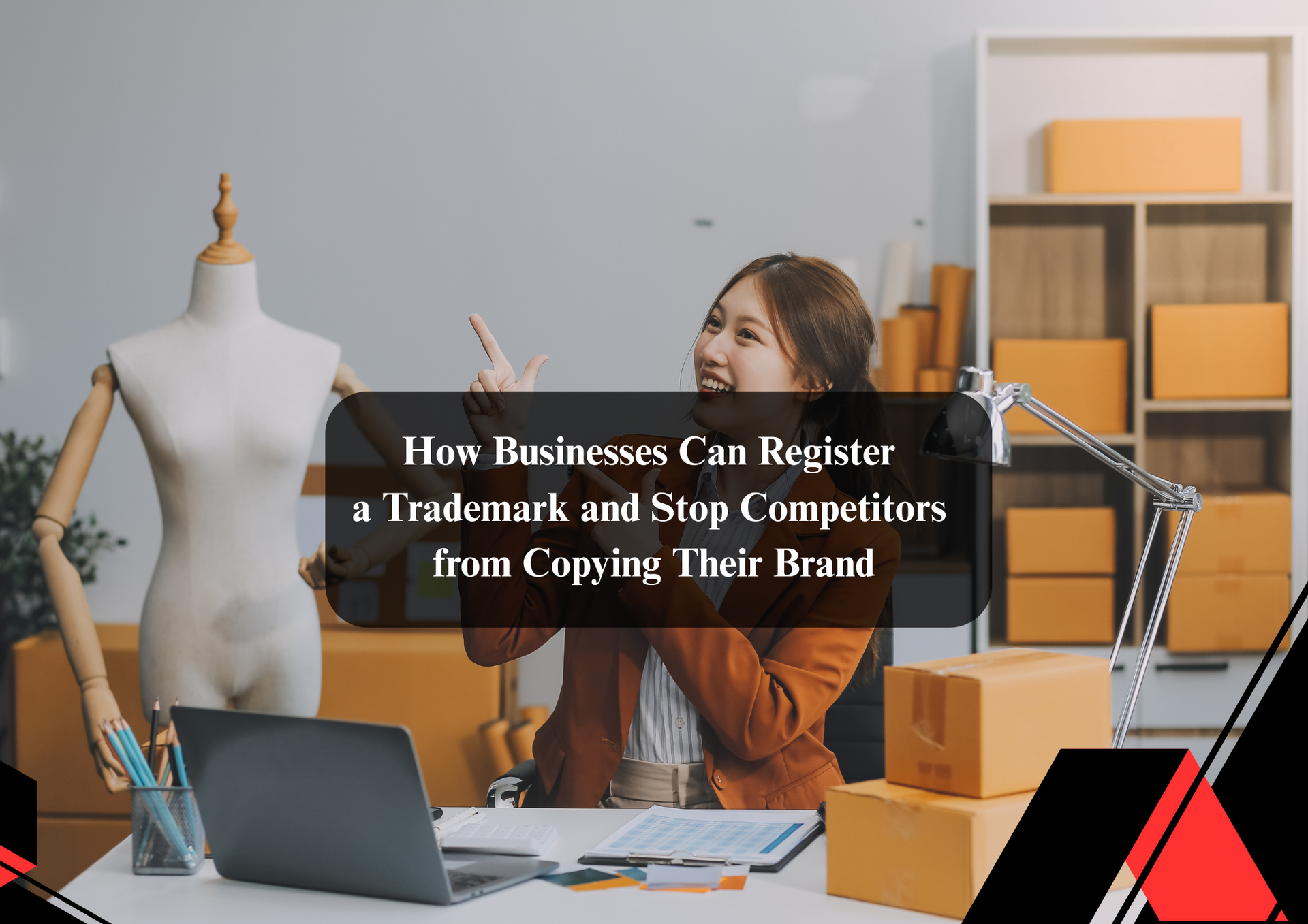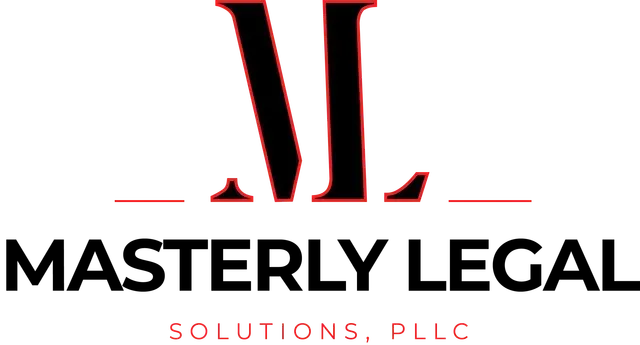Understanding the Legal Elements of Copyright Infringement for Businesses and Creators
In order to protect original works and guarantee that copyright holders retain exclusive rights over their inventions, copyright protection is a crucial component of intellectual property law. Businesses and creators rely on copyright law to prevent unauthorized use, reproduction, and distribution of their copyrighted works. Whether it’s a literary work, sound recording, visual art, or architectural work, understanding copyright infringement is essential for protecting one's assets and avoiding legal disputes.
What Is Copyright Infringement?
When someone uses, copies, or distributes works protected by copyright without the owner's consent, it is considered copyright infringement. The Copyright Act establishes the legal framework for protecting creative works and outlines the penalties for infringement.
Some common types of copyright infringement include:
- Unauthorized reproduction of literary works, musical works, and sheet music.
- Distribution of copyrighted material without proper licensing.
- Use of copyrighted images, videos, or sound recordings in commercial settings.
- Publishing short online literary works without the proper registration.
Businesses and creators must understand the copyright registration process to ensure they have the legal backing necessary to enforce their rights.
Registering a Copyright: The First Step to Protection
Before enforcing copyright protection, businesses and creators must complete the registration process through the Copyright Office. While copyright exists automatically when an original work is fixed in a tangible medium, formal registration provides legal benefits, such as the ability to seek statutory damages and attorney fees in an infringement lawsuit.
Steps in the Copyright Registration Process
- Determine the Type of Work – Copyrightable works include literary work, musical works, visual art, and architectural work.
- Complete the Appropriate Application – The application form must match the type of work being registered.
- Submit the Application Online or via Paper Form – The electronic Copyright Office allows applicants to register online, though a paper form is also available.
- Pay the Required Filing Fee – Fees vary depending on the registration application and whether the work is part of a group registration.
- Submit a Copy of the Work – Depending on the type of work, this may be a digital format or a hard copy deposit.
- Receive a Registration Certificate – Once processed, the registration record is added to the public record maintained by the Library of Congress.
Key Legal Elements of Copyright Infringement
Understanding the legal elements of copyright infringement helps businesses and creators protect their works and take action against violators. Copyright infringement claims typically involve the following factors:
- Ownership of a Valid Copyright – The plaintiff must prove copyright ownership through a valid registration certificate.
- Unauthorized Use of Copyrighted Works – The defendant must have used, copied, or distributed the copyrighted material without permission.
- Substantial Similarity – The plaintiff must demonstrate that the infringing work is substantially similar to the original works.
- Lack of a License or Exception – If the use does not fall under fair use or another exception, it constitutes infringement.
How Copyright Infringement Affects Businesses and Creators
For businesses, copyright infringement can lead to significant financial losses, reputational damage, and legal battles. Common issues include:
- Unauthorized use of corporate branding, logos, or marketing materials.
- Misuse of sound recordings in commercial settings.
- Infringement on works created by freelance designers or content creators.
Creators also face challenges, including loss of revenue from unpublished works being distributed without consent or multiple works being used without attribution.
Legal Remedies for Copyright Infringement
If copyright infringement occurs, businesses and creators have several legal options:
- Cease and Desist Letter – A formal request to stop the infringing activity.
- DMCA Takedown Notice – A request to remove copyrighted content from a website.
- Filing a Lawsuit – Seeking actual damages and statutory damages.
- Seizing Infringing Materials – Courts can order the removal of infringing content from the market.

How Digital Rights Management Solutions Can Prevent Copyright Infringement
With advancements in artificial intelligence and digital format content, businesses must invest in digital rights management solutions. These technologies help protect digital products, prevent unauthorized distribution, and track copyright violations in real time.
Understanding the Legal Elements of Copyright Infringement for Businesses and Creators
Copyright law plays a crucial role in protecting the respective writings of businesses and creators, ensuring that their intellectual property remains safeguarded against unauthorized use. To establish copyright protection, creators must understand the copyright basics, including the registration of a copyright, which provides legal evidence of ownership. The process begins by submitting a completed application form to the U.S. Copyright Office, either online or via certified mail. Federal agencies, such as the U.S. Copyright Office and the Library of Congress, oversee copyright office practices to ensure compliance with intellectual property laws.
For creators submitting a copyright application, several factors must be considered, including the classification of anonymous works and certain works that require special handling. The effective date of registration is typically the date the application is received, whether filed online with an electronic check or as part of the same package with supporting materials. Legal protections extend to derivative works, provided they contain sufficient originality. Questions like "how long does copyright" protection last depend on various factors, such as whether the work was created by the same individual or multiple authors, with terms lasting until whichever expires first. The Supreme Court has upheld copyright’s role in promoting progress in the useful arts, reinforcing the importance of legal registration. Businesses and creators can seek guidance from the Public Information Office to navigate standard application procedures and ensure full compliance with federal copyright laws.
Navigating Copyright Protection: Key Legal Considerations for Businesses and Creators
When protecting intellectual property, businesses and creators must navigate copyright office practices to ensure their works are legally safeguarded. One of the most effective steps in this process is the registration of a copyright, which serves as a public record of ownership and provides legal standing in cases of infringement. Creators can choose to register online through the U.S. Copyright Office’s electronic system, streamlining the process with digital submissions and payments via electronic check. Alternatively, a completed application form can be sent via certified mail as part of the same package with deposit copies of the work.
For certain works, such as anonymous works or those classified as derivative works, specific guidelines must be followed to establish ownership and protection. The effective date of registration is generally the day the Copyright Office receives a standard application, whether submitted online or through traditional mail. The Copyright Office also maintains a public record of all registered copyrights, which businesses and legal professionals can access to verify ownership and resolve disputes. With guidance from the Public Information Office, creators can ensure their works are properly registered under current copyright office practices, securing long-term protection under U.S. law.
Contact Us for Copyright Protection Guidance
At Masterly Trademarks, we understand the complexities of copyright law and how it applies to businesses and creators. If you have questions about the copyright registration process, need assistance with a copyright claim, or want to enforce your exclusive right, our team is here to help.
Contact us at (972) 236-5051 to book a free consultation and learn how to protect your intellectual property. Whether you need help with registration, navigating deposit requirements, or enforcing copyright infringement claims, we provide expert legal solutions tailored to your needs. Protect your creative work today with Masterly Trademarks.
You might also like



